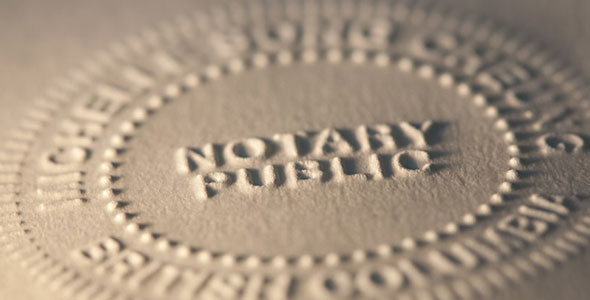Deceased Estate Administration: Handling Possessions and Matters After Passing
Deceased Estate Administration: Handling Possessions and Matters After Passing
Blog Article
Demystifying Notarial Work: Simplifying the Function and Relevance of Notaries
In the complex web of legal documents and verification, notaries stand as pillars of guarantee and authenticity. Their duty, commonly shrouded in secret for several, carries substantial weight in making certain the credibility and stability of critical documents. As guardians of legality and truth, notaries play a critical part in our culture, yet their job is not constantly totally recognized. By deciphering the complexities surrounding notarial practices and shedding light on the significance of their acts, a clearer understanding emerges of the vital duty notaries play in promoting the textile of contractual and legal agreements.
The History of Notarial Job
Just how did notarial work develop gradually to become an indispensable part of lawful and company transactions? The background of notarial work days back to ancient human beings, where scribes played a critical function in recording vital info and authenticating papers. As societies advanced, the need for a much more formalized system to ensure the credibility of agreements developed. This led to the advancement of notaries, people designated by the state to work as neutral witnesses in lawful issues.
Throughout the Center Ages, notaries gained prominence in Europe, with their functions broadening to consist of composing legal documents, accrediting trademarks, and preserving documents. The surge of global profession even more highlighted the value of notarial operate in confirming agreements and contracts across boundaries.
In the modern-day period, notaries continue to play an important function in legal and company purchases by verifying identities, confirming the authenticity of documents, and avoiding scams. Their function in licensing the legitimacy of agreements adds a layer of safety and trust fund to the ever-evolving landscape of commerce and legislation.

Responsibilities and Responsibilities of Notaries
The historic development of notarial work from ancient civilizations to the modern-day age has formed the unique duties and responsibilities that notaries support in legal and organization transactions today. Notaries play a vital duty in confirming the authenticity of records and the identification of signatories. Among their main responsibilities is to witness the finalizing of essential records, such as agreements, wills, and deeds, to make sure that all parties are becoming part of arrangements intentionally and voluntarily. Notaries likewise validate that notaries are of audio mind and not under duress or browbeating.
Additionally, notaries are tasked with providing oaths and affirmations, which are important in legal proceedings and the execution of affidavits. They accredit copies of initial papers, providing guarantee to establishments that the copies hold true replicas of the originals. Notaries must maintain precise documents of all purchases they manage to ensure transparency and responsibility. Overall, the tasks and responsibilities of notaries are crucial in safeguarding the integrity and legality of numerous records and transactions.
Notarial Certificates and Signatures
Exhibiting thorough focus to information, notarial certifications and signatures function as essential components in verifying the authenticity of legal documents. Notarial certificates typically include essential info such as the day of registration, the names of the signatures, a summary her latest blog of the record, and the notary's official seal. These certificates give a clear document of the notarial act, making certain that the record can be easily identified and mapped back to the notary that oversaw the process.
Signatures play an essential duty in notarial work, as they indicate the agreement and approval of the parties entailed. Notaries carefully witness the signing of papers to verify the identification of the notaries and verify that they are signing of their own free choice. By affixing their main seal and trademark to the record, notaries license that the essential treatments have been complied with which the document is valid and enforceable.
Basically, notarial certificates and signatures are the characteristic of credibility in lawful transactions, giving guarantee to all celebrations entailed that the records are legitimate and binding.
Importance of Notarial Acts

Registration Refine Explained
Explaining the notarization process supplies quality on the essential steps associated with confirming legal records. site The notarization process typically starts with the individual presenting the paper to a notary public. The notary after that validates the endorser's identification through appropriate recognition approaches. As soon as the identification is validated, the notary guarantees that the specific authorizing the file does so willingly and without any type of threat.

Verdict

Notarial certifications usually consist of vital info such as the date of registration, the names of the notaries, a description of the paper, and the notary's official seal. These certificates offer a clear record of the notarial act, making certain that the record can be easily identified and traced back to the notary who looked after the process.
By affixing their main seal and signature to the document, notaries license that the essential treatments have been adhered to and that the record is enforceable this content and legitimate.
By validating the identity of the signatures, validating their desire to get in right into the agreement, and accrediting the day and place of the finalizing, notaries play a vital function in supporting the legitimacy of lawful documents.After the file is authorized, the notary will affix their main seal or stamp onto the paper.
Report this page